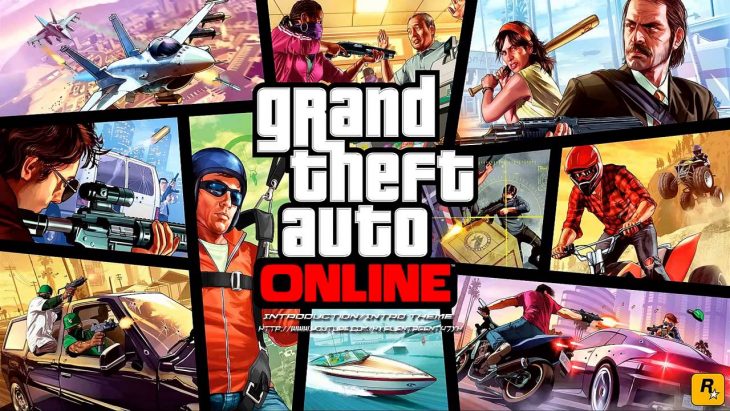Is popularity of online gaming harming single-player experiences?

Anyone young enough to remember the days before the internet – the Dark Ages, you might think – remembers a different world. You went to a store to buy a game, put the cartridge into your console (a cartridge!) and played the game.
It was as simple as that. No download files to update first. No expansion packs to consider. No day one editions, launch editions or complete package editions to pick from. No online or offline modes to toggle. A game was a game. You plugged it in and played it.
Does anyone miss the simplicity of those days?
I do. I have a confession to make: I’ve never played a game in online multiplayer mode. I’ve thought about it and I can understand the attractions of online gaming, but I feel a little like I missed the boat, that first boat to a new world, and that catching up with all I’ve missed and learning the language of online gaming would be too much.
As such, I’m a keen judge of single player experiences in games and quick to recognise when games are prepared to short change single players and favour online modes.
Star Wars: Battlefront is perhaps the most famous example. Gamers were outraged to discover that the full £49.99 RRP didn’t buy a single player story mode. In fact, it barely bought any single player content at all. To get the most out of the game players needed an EA season pass, causing many to claim EA were ripping off single and multi-players.
The fact that the Star Wars: Battlefront sequel, due out later this year, is set to have a single player story mode suggests that EA has taken the feedback on board. The level of outcry caused by the first game also suggests that I am far from the only person keen to ensure that the opportunities afforded to gamers and developers courtesy of online gaming don’t tarnish the single player experience.
Even if developers have the best intentions, however, it seems inevitable that dividing their focus between online and single player experiences will result in some setbacks for the single player gamer.
Rockstar Games have always taken their time with new titles, but it’s hard to avoid concluding that the recent announcement of a delay in Red Dead Redemption 2 is due to the phenomenal success of Grand Theft Auto V’s online multiplayer.
Rockstar admitted themselves that the phenomenal success of GTA Online, which has kept the game high in the sales charts years after its release and is estimated to have earned the company half a billion dollars, has led them to devote resources to sustaining GTA Online rather than developing new titles.
As wired.com note “half a billion dollars will change the way anyone thinks, and for a major videogame publisher, it’s almost guaranteed that money like that is going to lead to a sea change.”
Not only is the success of GTA Online likely to have delayed the arrival of Red Dead Redemption 2 (and the next Grand Theft Auto), it ensures that a company that used to be known for “innovating in the singleplayer space” will be more interested in building Red Dead 2’s online world since it is likely to reap greater profits.
I still have high hopes for Red Dead Redemption 2, but it’s hard to escape the impression that I might have to take the step into online gaming to get the most out of it.
Perhaps I should stop complaining and haul myself into the modern world, but I can’t help but look back with fondness on the days when a game was simply a game, not an ever-evolving subculture with social media links and microtransactions.
I don’t think I’m the only one who feels this way, either.



